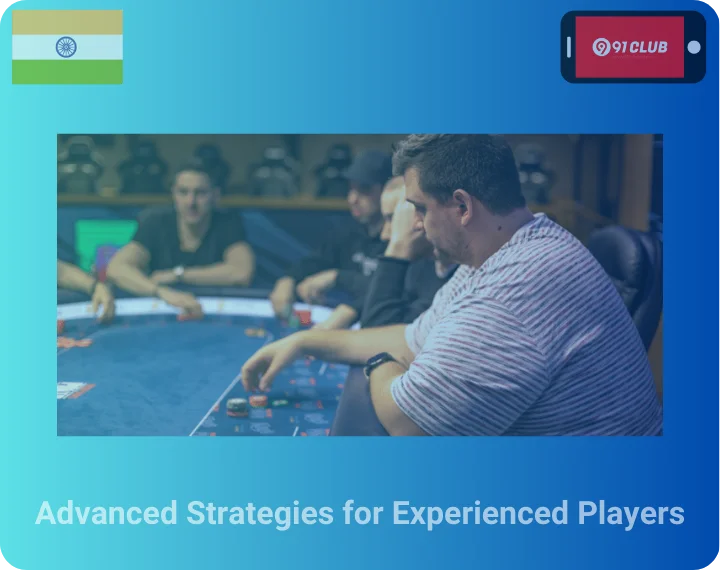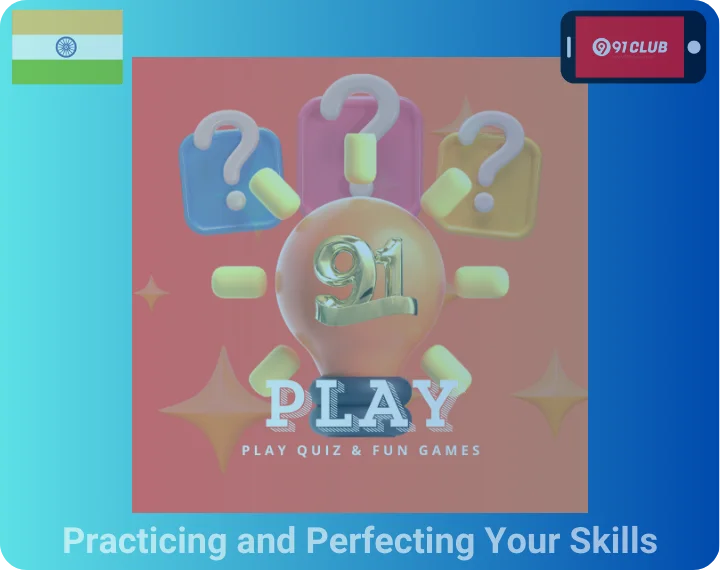Understanding the Basics of Winning
What Does it Take to Win in 91 Club?
Winning in 91 Club requires a mix of strategy, skill, and attention to detail. Success depends on making smart decisions with every move, managing your cards wisely, and predicting your opponents’ actions.
Importance of Strategy Over Luck
While luck plays a role, strategy is the key to consistent wins. Relying on pure chance can lead to unpredictable results, but a well-thought-out strategy ensures better control over the game’s outcome.
Key Elements of a Successful Strategy
A successful strategy involves understanding your hand, managing risks, and anticipating the moves of your opponents. The best players always stay several steps ahead, adapting to the game’s evolving dynamics.
Getting Started with Winning Strategies
Basic Tips for Beginners
For beginners, it’s essential to focus on learning the basic rules and understanding the game mechanics. Start by keeping your hand balanced and avoiding unnecessary risks early on. Practice will help you grasp the nuances of the game.
Common Mistakes to Avoid
A common mistake is overestimating your hand and taking unnecessary risks. It’s also important not to underestimate your opponents, even when you think you’re ahead. Stay alert to shifts in the game and avoid playing passively.
Building a Solid Foundation
Start with the fundamentals. Pay attention to the cards played, analyze patterns, and learn how to maximize every move. Building a strong foundation of basic tactics sets the stage for more advanced strategies later.
Advanced Strategies for Experienced Players
Analyzing Opponent Moves
Experienced players know how to read their opponents’ moves. Watch their playstyle closely—do they tend to bluff, or do they play conservatively? Analyzing their behavior will give you an edge in predicting their next steps.
Adapting Your Strategy During the Game
Flexibility is key. As the game progresses, you may need to adapt your strategy based on the changing dynamics. Adjusting your approach based on your current position and your opponents’ actions is essential for staying competitive.
Using Advanced Game Mechanics to Your Advantage
Advanced players use the game mechanics to their advantage, such as making the most of bonus rounds or special moves. Understanding the intricacies of game rules, like how to manipulate scoring opportunities, can help turn the game in your favor.
Risk Management in 91 Club
How to Minimize Losses
Minimizing losses requires a solid understanding of when to play aggressively and when to hold back. Sometimes, it’s better to take fewer risks and play cautiously, especially when you’re ahead or have a weaker hand.
Balancing Risk and Reward
Balancing risk with reward is essential in 91 Club. Taking calculated risks, rather than impulsive moves, can help you increase your chances of winning. However, always weigh the potential reward against the possible consequences.
Knowing When to Play Conservatively
Playing conservatively is important, especially when the odds aren’t in your favor. Don’t be afraid to fold or play a defensive move if it means avoiding unnecessary losses. Knowing when to pull back can often save the game.
Leveraging Game Features for Success
Utilizing Power-Ups and Bonuses
Take full advantage of any power-ups or bonuses offered during the game. These can give you a strategic edge by boosting your score or giving you an advantage in tough situations. Know when and how to use them effectively.
Maximizing Points with Special Moves
Special moves and bonuses can significantly impact your score. Learning how to maximize these opportunities can turn a close game into a clear victory. Timing is crucial—don’t waste these chances.
Understanding Scoring Opportunities
In 91 Club, understanding the best times to score is crucial. Always look for opportunities to earn points, especially when your opponents are distracted or making mistakes. Smart, timely scoring can make the difference between victory and defeat.
Strategies for Multiplayer Matches
How to Handle Multiple Opponents
When playing against multiple opponents, it’s important to stay vigilant and observe each player’s strategies. Don’t just focus on one player; consider how each opponent’s moves affect the game as a whole.
Team Play vs. Individual Play
In team play, communication and coordination are key. If you’re playing solo, rely more on your personal strategy and ability to outwit your opponents. The approach you take depends on the format, so adjust your tactics accordingly.
Building Alliances and Breaking Them
In multiplayer games, temporary alliances can sometimes benefit your strategy. However, always be ready to break them if it’s advantageous for you. Trusting your allies only as long as it suits your game plan is a valuable tactic.
Practicing and Perfecting Your Skills
Importance of Consistent Practice
Like any game, consistent practice is the best way to improve your skills. The more you play, the better you’ll understand the game mechanics, the nuances of your opponents, and how to craft the perfect strategy.
How to Learn from Losses
Every loss is an opportunity to learn. Reflect on what went wrong and why. Did you overestimate your hand? Did you take unnecessary risks? Analyzing your losses helps refine your strategy for future games.
Resources for Improving Gameplay
To improve your gameplay, seek out tutorials, strategy guides, and forums where experienced players share their tips. Additionally, playing with better opponents can challenge you and help accelerate your learning curve.





